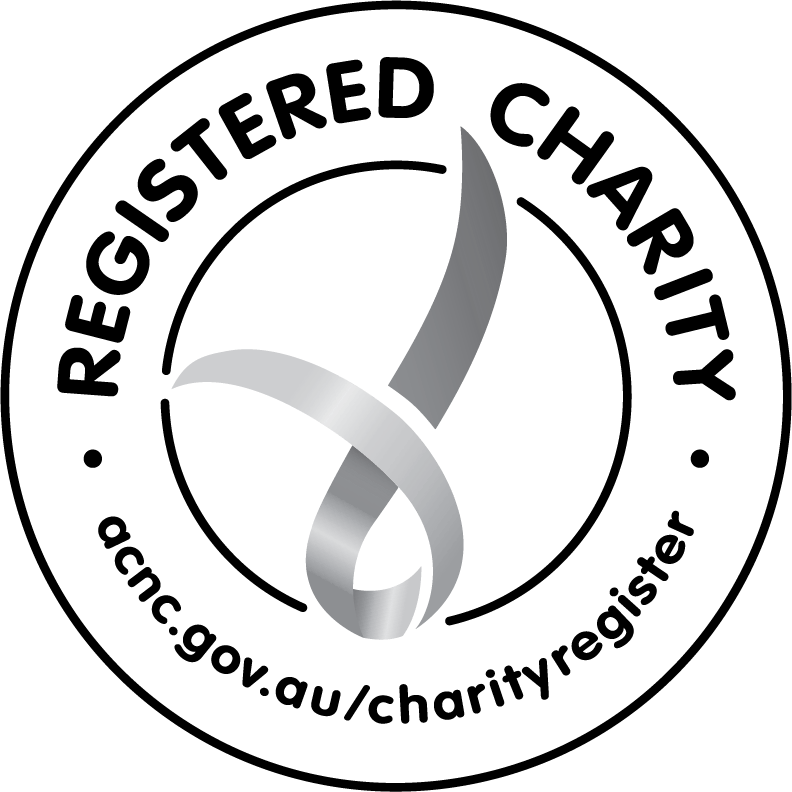Compassion Fatigue is an overwhelming secondary stress response to ongoing exposure to traumatised individuals and traumatic situations, when the body’s resilience is depleted. It is a state of physical and emotional exhaustion. Our body reacts to a situation not directly related to the trauma, because of our exhaustion caused by the ongoing impact of our exposure to traumatic experiences especially as part of our work.
It is most common in the helping or supportive professions including chaplains, paramedics and other first responders, as well as nursing and medical staff.
If you are regularly providing help and guidance to others going through stressful and traumatic situations, you may show these signs of Compassion Fatigue:
lack of interest in or satisfaction with previously enjoyable activities
becoming pessimistic or cynical
becoming overly critical, sad, anxious or easily angered
a loss of productivity; difficulty concentrating on tasks or making decisions
a reduced ability to feel empathy or sympathy
the use of negative coping behaviours such as substance abuse
difficulty sleeping
physical symptoms such as headaches, dizziness, nausea and stomach upsets
neglecting relationships and feeling emotionally detached from others.
1. Become more aware of how you are responding to situations; practice self-evaluation and reflection.
2. Acknowledge that you are reacting to life situations and other people in ways that are not usual for you.
3. Seek the help of friends as well as managers and professionals who can guide you in self-care strategies and put processes in place to assist you, including regular debriefing sessions.
4. Focus on what you can control, not on what you cannot control.
5. If you are a Christian, meditate on Bible passages that you find helpful or resonate with you (the writers of the Psalms experienced the full range of situations and emotions).
6. When you are experiencing your own traumatic or challenging situations, treat yourself with compassion, kindness and care.
7. Put strategies in place to care for yourself: eating well, getting adequate rest, exercising and balancing work with restorative activities by yourself and with others.
The journey away from compassion fatigue is not a journey to do alone.
Who can be your companions on this journey? Seek them out. You will be glad you did.
To be better equipped, why not sign up for Korus Connect's Holistic Care training? Email training@korusconnect.org.au to find out more.
To read more see:
https://www.cma.ca/physician-wellness-hub/content/compassion-fatigue-signs-symptoms-and-how-cope
https://www.webmd.com/mental-health/signs-compassion-fatigue






